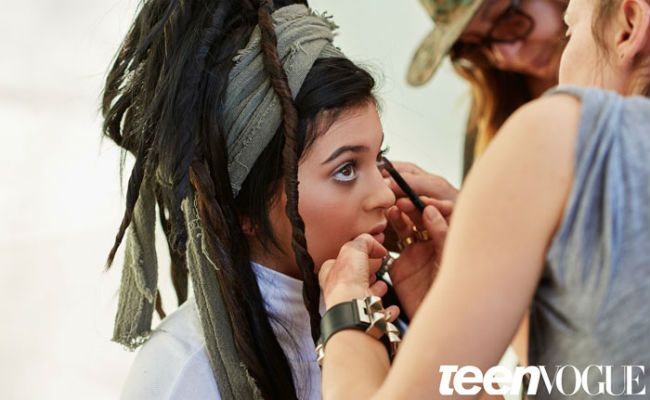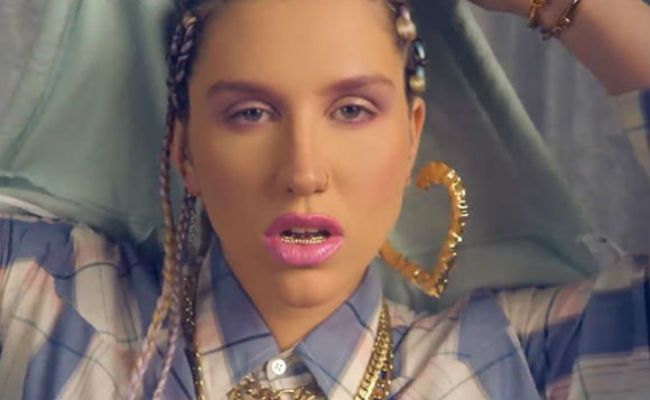For many years Black beauty has come under heavy scrutiny although it has been the innovator to many existing cultural practices. Black women are constantly under fire from society subliminally calling us animalistic for accepting their natural hair; we are also criticized for wanting to be caucasian because some women wear straight weaves or wigs. However, society doesn’t accept the same criticism when Black women reverse the dialogue on others.
Black beauty is the originator to many cultural structures of today.
When we see how women in other cultures use intense eye makeup to draw attention to their face, its easy to think of Egyptian rulers that used makeup to symbolize importance. Black beauty has influenced the vibrancy seen throughout cultures in Brazil, the Caribbean, and East Asia. Special events like Jouvert and Carnival, in which mostly women of many centuries of mixed ancestry celebrate their culture through dance and song share ties to traditional African tribes. The influence of black beauty onto cultures especially those of the African diaspora maintains its originality and allows for continual grow.
When we speak of the influence of Black beauty on other cultures, the concepts of cultural appropriation and cultural exchange arise.
Cultural Exchange happens in a manner with respectful communication of distinctly different cultures to understand each community’s customs. The blending of separate cultures through cultural exchange allows for a new fusion of traditions that continue to uniquely flourish. Cultural appropriation is negative due to the dominating race taking cultural aspects of an oppressed race, making them part of their own for monetary purposes. These conflicting issues are not interchangeable because of their outcomes. Recently, Zendaya Coleman wore faux locs to the Oscars representing her identity as a black woman; Giuliana Rancic responded with insensitive negative commentary. Kylie Jenner wore faux locs but was described as edgy and trendy.
As Black women have begun embracing their natural hair openly, media became more open about their criticism of natural hair.
Instances like these are exactly what angers black women. We shouldn’t have to be submissive and act as if these issues don’t bother us.
Black women have been told for years that our natural hair and beautifully curvy bodies were unacceptable but now other women are trying to achieve perfect full lips, the “Kylie Jenner Challenge”, and enhancing other areas that are usually associated with the natural beauty of black women.The social views of natural hair have transformed over decades but there is limited acceptance through its portrayal by media platforms.
Looking back to the early 90s, Erykah Badu and Lauryn Hill defied the status quo of straight silky hair by rocking their dreads and head wraps; media didn’t speak to their style but it was simply identified as ethnic.
As black women have begun embracing their natural hair openly, media became more open about their criticism of natural hair.
In 2014, InTouch Weekly had a section called Double Creature asking, “Does your pet resemble a celebrity?” comparing Solange to a dog.
The media cosigns the idea that hair in the 3a-3c range is acceptable but 4a and above are unattractive. The media coverage today of natural hair is better than it was 10 years ago given the emergence of black celebrities wearing their natural hair. More media correspondents showing support will potentially lead to a more socially conscious beauty community.







